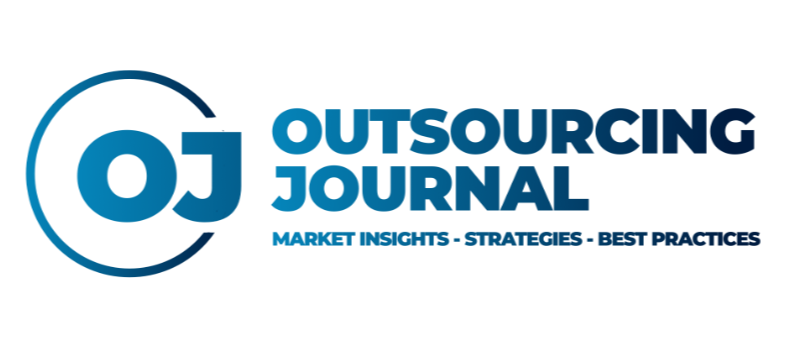Interview with Stephan Fricke, CEO of German Outsourcing Association and German process Automation association on the effects of the Covid-19 pandemic on digitization and automation in Germany.
To what extent has Covid been accelerating business process automation in Germany? How has the sector so far been coping with the tsunami of Covid-related inquiries by the public and private sector?
The automation of business processes is progressing, but I would not directly connect it to the Covid-19 pandemic. For one German companies have their own speed in adapting new technologies and methods and second German companies took a way more thorough approach to the automation of business processes.
Interestingly a lot of German companies did not just implement software robots but started with a larger “cleaning-up” of existing business processes. As a result companies have optimized some of their internal business processes to an extend that neither an automation nor an outsourcing makes economical sense.
This is really good news from our perspective because it creates a more realistic picture of what process automation can do and forces the sales and marketing of RPA solution providers to tone down a little and take a closer look at possible business cases.
I think the situation that companies were forced into a more flexible approach to working models is one of the more interesting effects of the pandemic. We are talking for a long time about the sense of work, the models and the way companies can cope with the increasingly changing demand on knowledge and competencies and also the demand from employee side (remember the Millennial discussion and how employers should react to a changing requirements of their employees?). I am certain that the experience of un-bundling the actual process of work from the physical location of the work-place will contribute greatly to easing the shortage of skilled people. And that will also increase the likelihoods of more companies successfully adapting business process automation. Because what many tend to forget is that a completely new combination of skills and knowledge is needed in employees (and also management) in order to develop and implement process automation.
Another factor is the generation change in middle and upper management in German companies. Today most of the managers who are responsible for optimizing business processes, for implementing new technologies and for adapting new working methods belong to a generation that grew up with technology and build their careers based on the principles of a globally connected economy. Taking advantage of operational tools such as outsourcing and process automation and adapting new technologies and methodologies is far more natural to this generation.
Are there any signs of Covid making international companies outsource business processes to Germany?
Germany as a delivery / technology production center location has become more attractive for international companies in the past few years. This is due to the growing maturity of service provider companies, that experienced the preference of German companies for local technology and business process services partners. Covid-19 has supported this trend because of the new flexibility of the location of work. It seems that it would be easier now for international companies to build local delivery / technology production centers in Germany or even teams that are working from different locations within or even outside of Germany.
Talking internationally, especially the work-from-home model made the access of foreign service providers to German speaking talent easier. Most of these companies have very successfully adapted the work-from-home model, partly with impressive numbers, moving 10.000 and more employees to this model. And if I can believe the general voices and feedback, the clients have no bigger concerns and don’t see a drop in quality or delivery, which is very good news of course.
Are there any signs of Covid accelerating digitization and the development of business processes in Germany to an extent that German companies rethink their existing BPO models?
I think the pandemic created conditions that greatly support digitization and the adaption of new working methods and also technologies. I don’t see any evidence that the pandemic would have caused larger changes of BPO models such as in-sourcing for instance, but I think we need to observe over the next 12-18 months which of the changes caused by Covid-19 made their way into daily operations.
Overall I see rather positive effects of the pandemic to the general problems like pressure of digitization, adaption of new technologies and methodologies and the shortage of skilled labor in Germany. It also accelerates – and this is a very important aspect – the adaption of distance learning and education methods, thus companies can faster re-train existing employees for instance. This will positively influence the adaption of new technologies, such as process automation and it can certainly have an effect of the attractiveness of Germany as location for delivery / technology production centers.
About: Stephan Fricke is CEO and Head of the Advisory Board of the independent Deutscher Outsourcing Verband (German Outsourcing Association) and of the German Process Automation Association. In this function he works with leading organizations from buyer, provider, and consulting side and also with industry associations and government organizations, concentrating on improving market conditions for IT, BPO and SSC services as well as for Process Automation in Germany and Europe. He is a regular speaker and author on markets, their states and actors as well as the impact on societies and economies. He is advising companies on their strategies and activities on the German market, as well as economic support organizations on development and growth of local ICT and BSS sectors. You can connect with Stephan via LinkedIn.
Thanks to AC Almelor for sharing their work on Unsplash.
